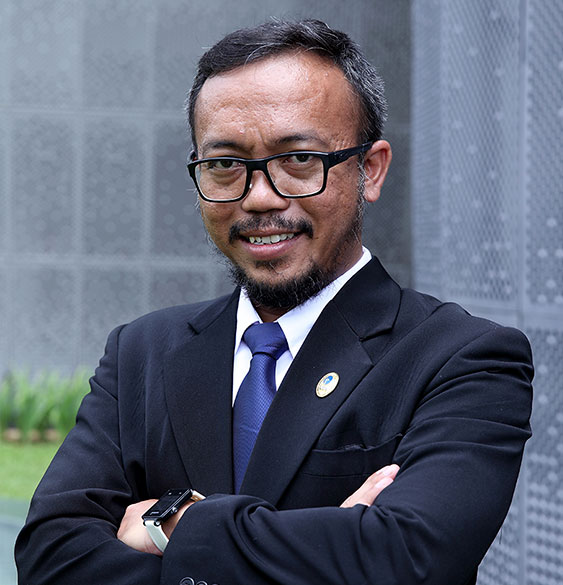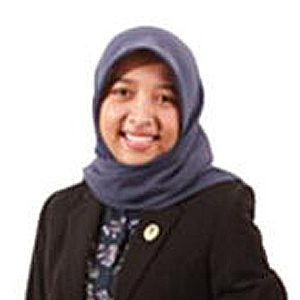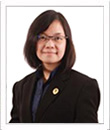Dr. Hargyo Tri Nugroho I., S.Kom., M.Sc. (CEH, CEI, HCDA), PhD
| Study Program | Computer Engineering |
| Faculty | Engineering & Informatics |
| Educational Background |
|
| Expertise | Cyber security, Distributed systems |
| Title | Lecturer |
| hargyo@umn.ac.id |
- Sunderi Pranata, Hargyo Tri Nugroho, Hirofumi Yamaki. 2017. “Analisis dan Implementasi Protokol Otentikasi FIDO U2F”. ULTIMA Computing. 9 (1):30-35.
- Nugroho, Hargyo Tri. 2017. “Pengaruh Algoritma Stemming Nazief-Adriani Terhadap Kinerja Algoritma Winnowing Untuk Mendeteksi Plagiarisme Bahasa Indonesia”. ULTIMA Computing. 9 (1):36-40.
- M. Sutiono, H. Nugroho, and K. Karyono, “ApplianceHub: A wireless communication system for smart devices (case study: Smart Rice Cooker),” in Radar, Antenna, Microwave, Electronics, and Telecommunications (ICRAMET), 2016 International Conference on, 2016, pp. 125–130
- K. Karyono, I. H. T. Nugroho, and others, “Smart dog feeder design using wireless communication, MQTT and Android client,” in Computer, Control, Informatics and its Applications (IC3INA), 2016 International Conference on, 2016, pp. 191–196
Dr. Hargyo T. N. Ignatius completed his doctoral studies at the School of Computer Science, University of Birmingham, United Kingdom, in 2024, with a research focus on human-machine (AI) collaboration, funded by the LPDP scholarship. He earned a Master of Science degree from the Department of Electronics Engineering, Chung Yuan Christian University, Taiwan, in 2011. In recognition of his academic performance, he was awarded honorary membership in the Phi Tau Phi Scholastic Honor Society, Republic of China. Prior to joining Universitas Multimedia Nusantara (UMN) in 2011, Dr. Hargyo pursued a professional career in various fields, including as a management trainee under the supervision of management consultants from Malaysia, as well as a software & security engineer and business development manager at an information technology service company.
At UMN, Dr. Hargyo teaches a range of courses in the Computer Engineering program, including Computer Networks, Network & Security, Distributed Systems, and Mobile & Pervasive Computing. He served as Deputy Head of the Computer Engineering Department (2012–2016) before being appointed Head of the Department for the 2016–2019 term. His research interests lie at the intersection of software engineering, system security, and intelligent systems, reflecting his commitment to developing adaptive, secure, and human-centered intelligent technologies.






